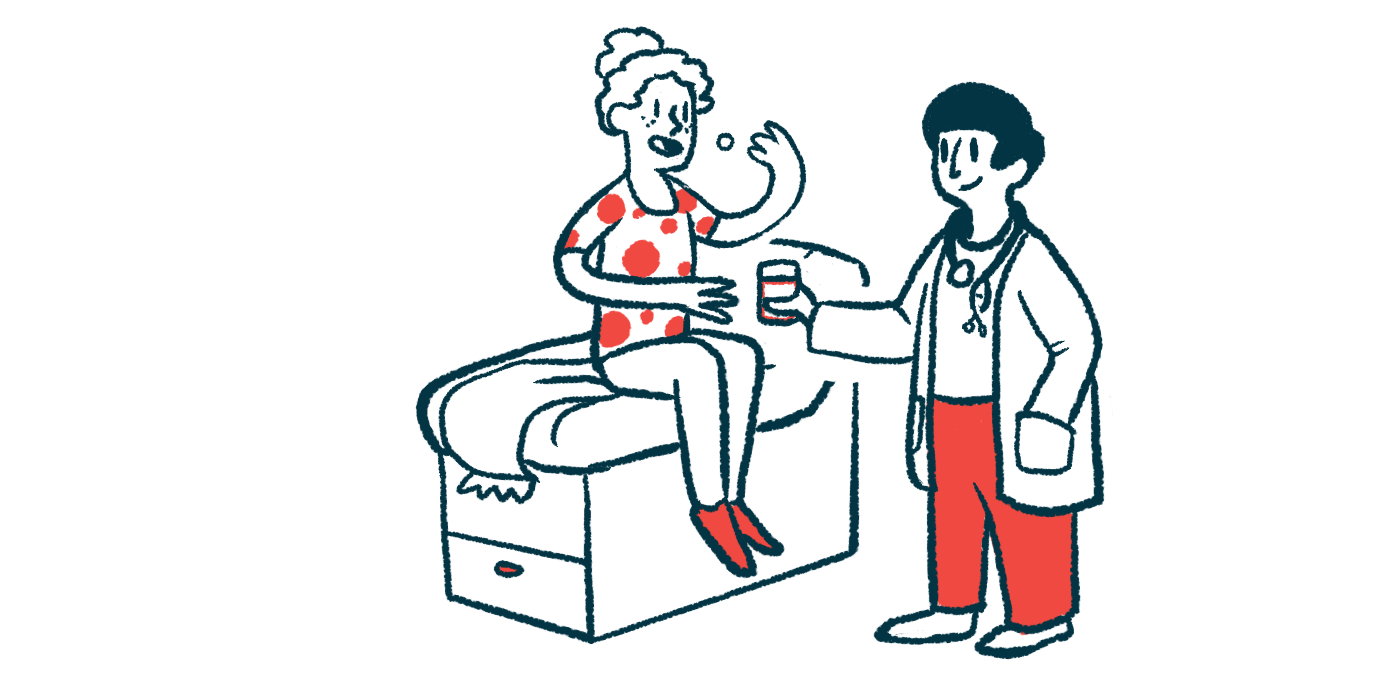Chronic Hypoparathryroidism Tied to Kidney Complications: Study
Large study finds patients over three times more likely to develop kidney problems

Patients with long-lasting hypoparathyroidism in Sweden are over three times more likely than healthy individuals to develop kidney complications such as chronic kidney disease and kidney stones, and this may translate into more frequent hospital admissions, a study found.
The study, “Kidney Complications and Hospitalization in Patients with Chronic Hypoparathyroidism: A Cohort Study in Sweden,” was published in The Journal of Clinical Endocrinology & Metabolism by a team of researchers in Sweden and the U.S.
Hypoparathyroidism occurs when the body has lower-than-normal levels of parathyroid hormone (PTH), a hormone that helps keep the circulating levels of calcium, phosphorus, and vitamin D within a normal range. As a result, hypoparathyroidism patients have low blood calcium and high blood phosphate, a molecule that contains phosphorus. They also have low vitamin D.
Treatment to ease the symptoms of hypoparathyroidism is usually with supplements of calcium and calcitriol (active vitamin D). However, the supplements fail to control phosphate excretion and excess levels of calcium in the urine. This may put a strain on the kidneys, possibly causing them to stop working as well as they should.
While patients with chronic hypoparathyroidism who are on long-standing calcium and calcitriol supplementation are thought to be at greater risk for kidney complications, previous studies have often included small numbers of patients.
For the new study, the researchers drew on a large amount of data from the Swedish National Patient Register, the Swedish Prescribed Drug Register, and the Total Population Register.
All the 1,982 patients included received a diagnosis of idiopathic (unknown cause) or acquired (postsurgical) hypoparathyroidism sometime between 1997 and 2018. Other diagnoses were DiGeorge syndrome (a genetic condition that can cause symptoms of hypoparathyroidism) and autoimmune polyendocrine syndrome, a type of autoimmune hypoparathyroidism. On average, patients received about three dispensations of calcium supplements per year and six of active vitamin D.
Each patient was compared with 10 controls matched by sex, age, and county of residence. Their mean age was 53 years, and about three-quarters were women.
To determine how many patients developed chronic kidney disease, the researchers excluded those who already had the disease before or within one year of study entry. Of the remaining 1,562 patients, most (72.5%) had postsurgical hypoparathyroidism.
Over a mean follow-up of 9.8 years, 136 (8.7%) patients developed chronic kidney disease. Among the controls, 309 (2%) developed the disease over a mean follow-up of 10.2 years. This means that hypoparathyroidism was linked to a 4.45-times greater risk for chronic kidney disease. After adjusting for co-existing conditions and restricting the analysis to five years after study inclusion, the risk in the chronic hypoparathyroidism group was 3.55 times higher.
Kidney stones
The researchers also looked at the risk for urolithiasis, popularly known as kidney stones. Urolithiasis occurs when minerals and salts form crystals that build up inside the kidneys, where they may form small masses (stones) over time.
After excluding patients who had urolithiasis before the study, they were left with 1,810 patients, of which 108 (6%) developed urolithiasis over a mean follow-up of 9.3 years. Among the controls, 229 (1.3%) developed urolithiasis over a mean follow-up of 9.8 years. Patients with chronic hypoparathyroidism were 3.55 times more likely than controls to develop urolithiasis.
Those with chronic hypoparathyroidism were 3.64 times more likely to be hospitalized due to chronic kidney disease or urolithiasis. They were admitted to the hospital for any cause about two times more frequently than controls.
Men were about twice as likely as women to develop chronic kidney disease and urolithiasis and to be admitted to the hospital.
“The risk for men appears to be even higher than for women,” the researchers wrote, adding that “this should raise awareness among treating physicians to monitor for modifiable risk factors for [chronic kidney disease] and kidney stones.”
Other factors linked to a greater risk for chronic kidney disease were heart failure, diabetes, and hypertension (high blood pressure).






